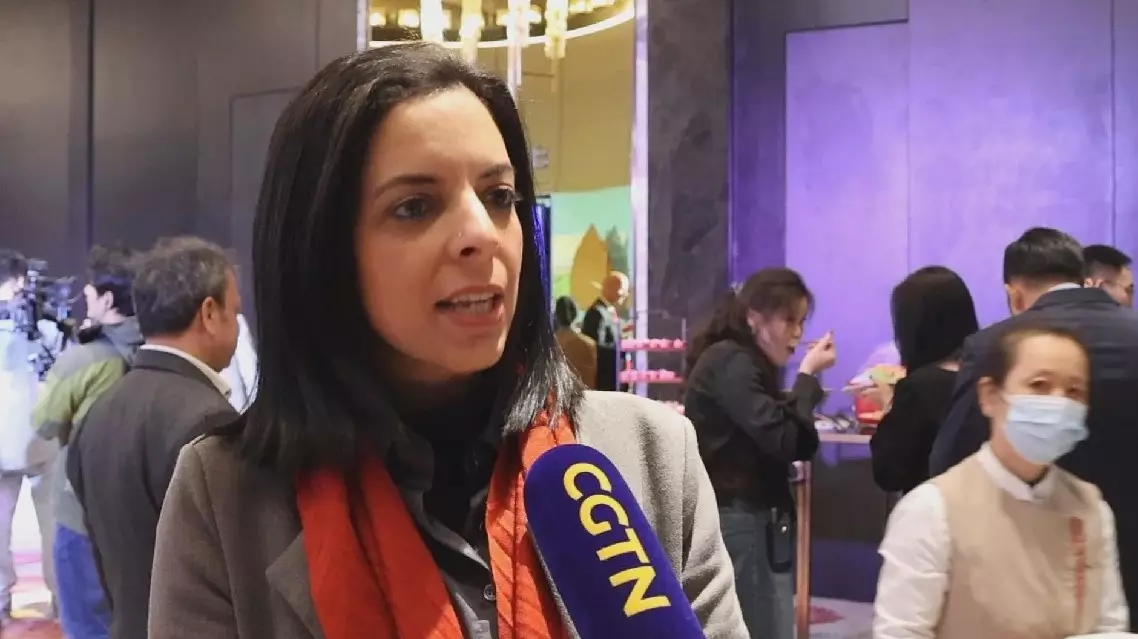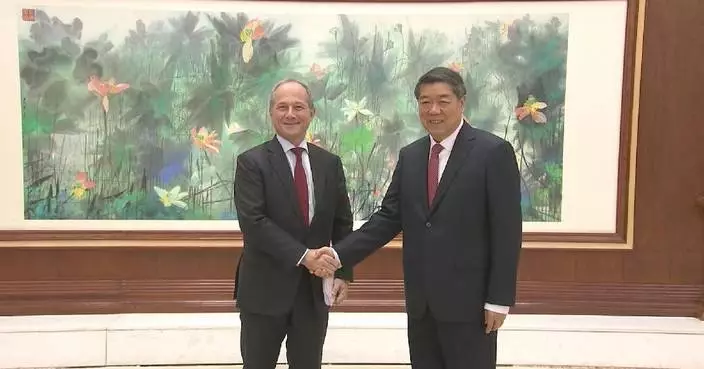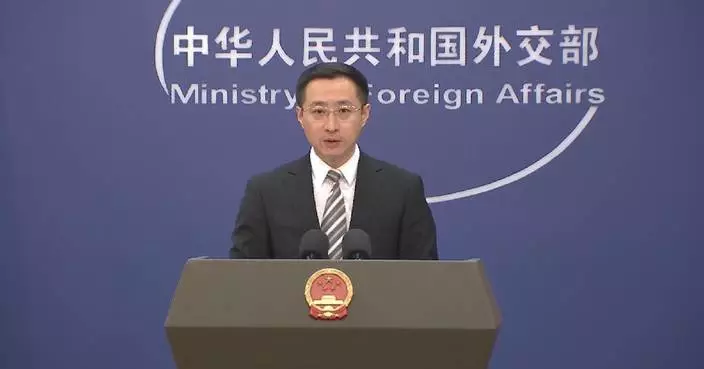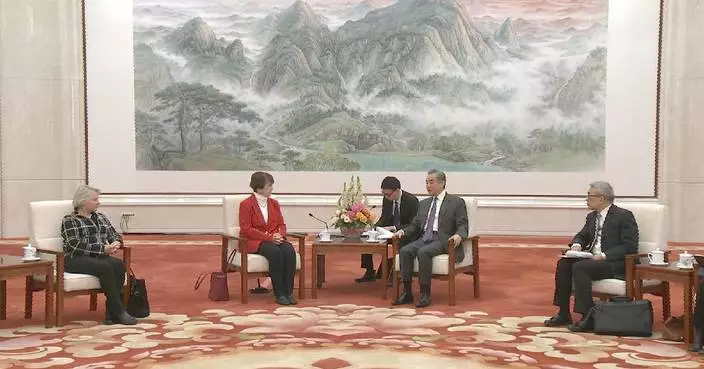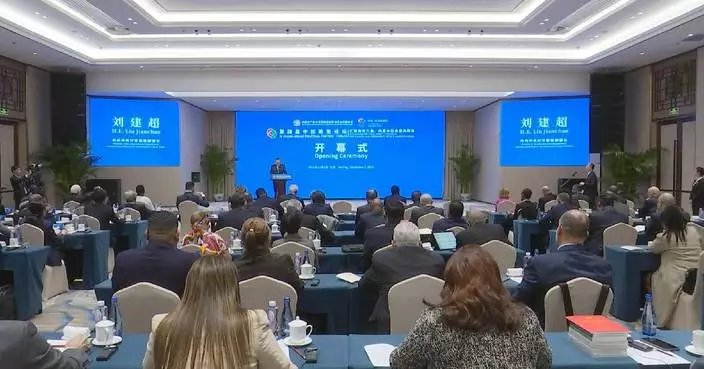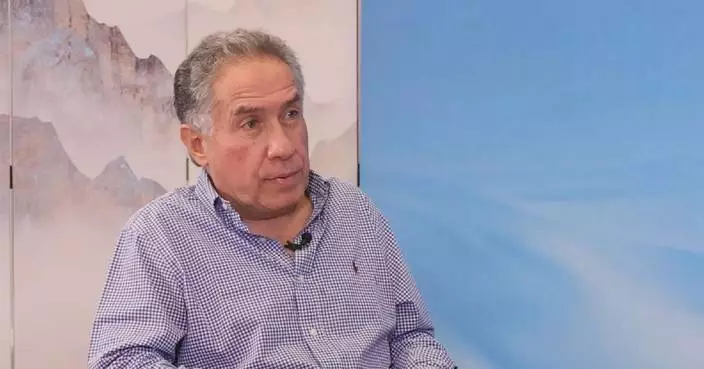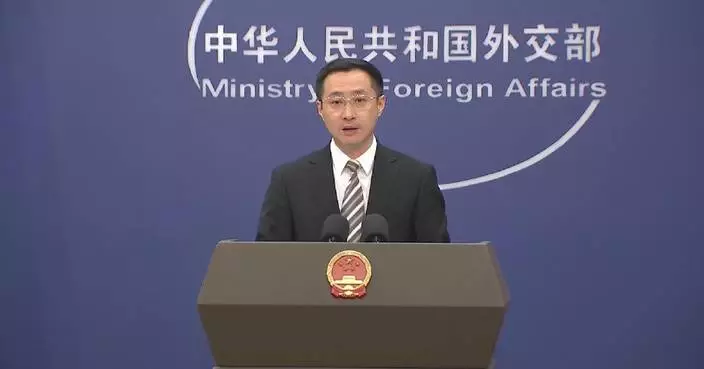One of the pressing issues being discussed at the ongoing 16th meeting of the Conference of the Parties to the UN Convention on Biological Diversity (COP16) in Colombia's city of Cali is how to secure sufficient funding for developing countries to protect their diverse ecosystems.
During the second phase of COP15, held in Montreal, Canada, in December 2022, developing countries made a plea for increased funding. Government representatives at the conference agreed to provide at least 30 billion U.S. dollars annually by 2030. However, questions remain about how the funds will be distributed.
In an interview with China Global Television Network (CGTN) on the sidelines of COP16, Luis Alfonso Escobar Jaramillo, governor of Colombia's Narino department, expressed hope that the conference will address this question. Narino boasts five distinct ecosystems within a single state, making conservation a daunting task for local governments and communities.
"The question is how are funds going to be distributed? In a sectorial manner? Through issues like mangroves, forests? And [cooperation] with universities or investigators? Or cooperation with regions, or with local governments and communities. to transform their realities that affect conservation on the frontline," said Jaramillo.
There is also the question of how developing nations can leverage their valuable ecosystems to generate tangible benefits for local communities.
"Paradoxically, we are in the richest place in terms of biodiversity, but also the poorest for the communities, and with the lowest quality of life," said Dilian Francisca Toro, governor of Colombia's Valle del Cauca department.
COP16 is expected to adopt a decision on how the multilateral mechanism for the fair and equitable sharing of benefits arising from the use of digital sequence information (DSI) of genetic resources should operate, including the creation of a dedicated fund to collect and disburse the generated resources.
Toro expressed hope that the DSI mechanism will mobilize new and additional funding streams to support biodiversity initiatives in developing countries.
"Scientists go and investigate the Amazon, the Pacific and all our biodiversity for medicine, for health benefits. And it turns out they take this information, but the communities never benefited. Now the idea is that the investigations are transferred to a better way of living for the communities," said the governor.
COP16, which began on Monday and runs through November 1, brings together more than 15,000 participants from over 190 countries, including global environmental ministers and ecological experts, making it the most attended event of its kind since the conference's inception in 1994.
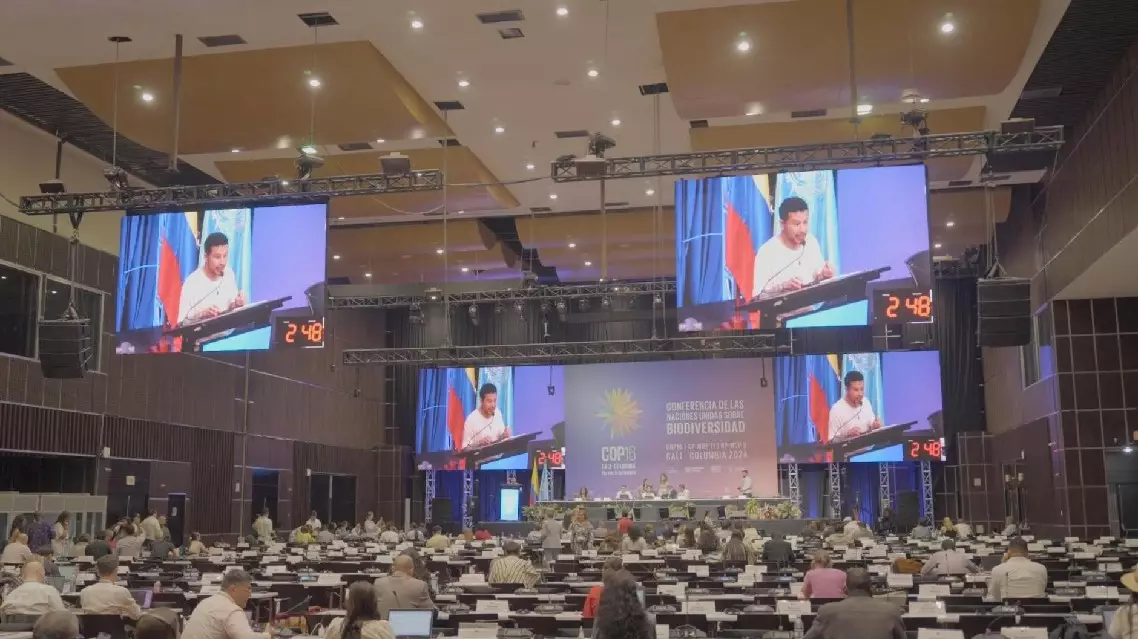
Developing countries hope to secure more funding for biodiversity conservation at COP16
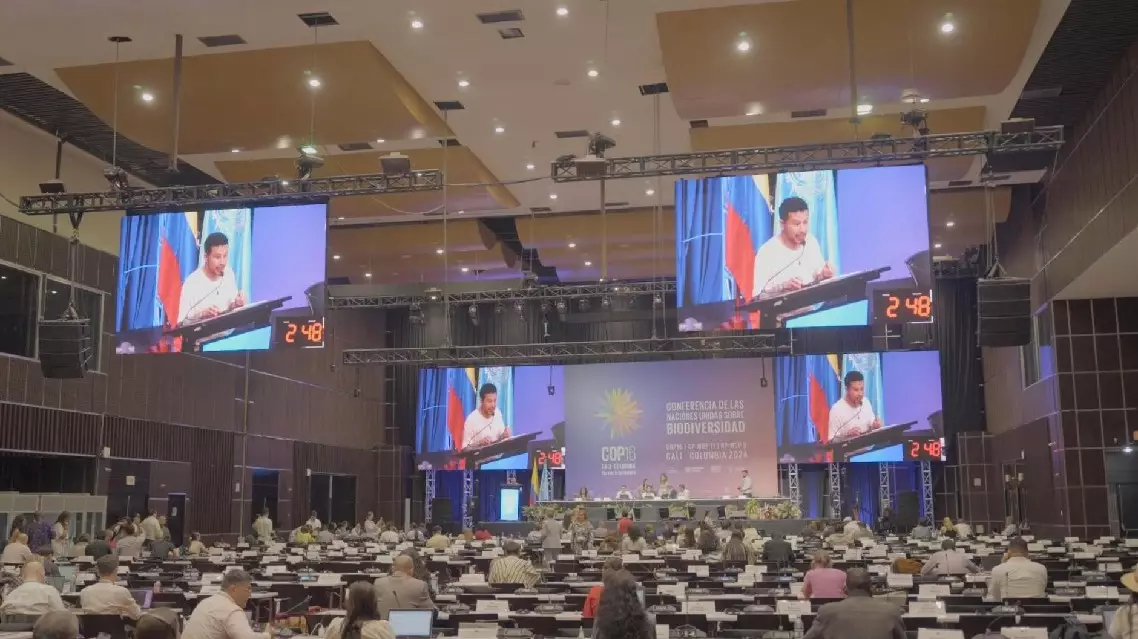
Developing countries hope to secure more funding for biodiversity conservation at COP16
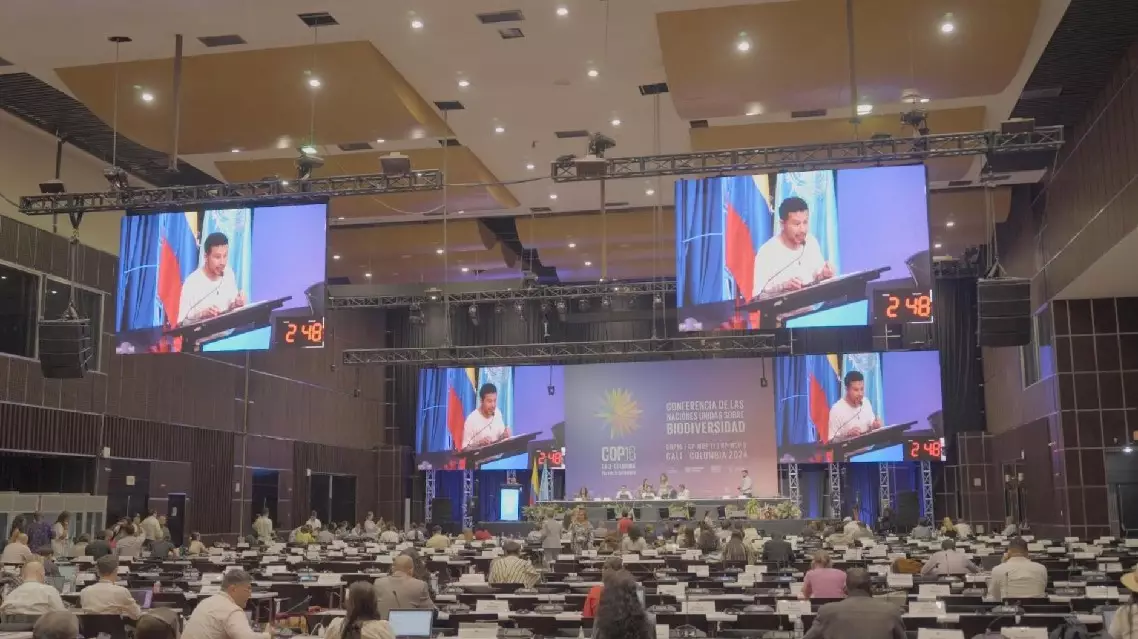
Developing countries hope to secure more funding for biodiversity conservation at COP16


